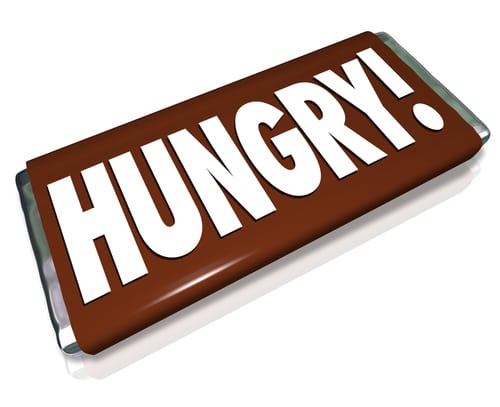 A turning point in our history was when Esau sold the rights of the firstborn to our forefather Jacob, his younger brother, in this week’s parshah. The Torah describes how Jacob was in middle of cooking lentil stew when Esau entered the home, famished. He asked Jacob for some of the lentil stew and Jacob responded that he would sell it to Esau in exchange for the rights of the firstborn. Esau immediately agreed, and the Torah tells us, “He ate and drank, got up and went. Thus did Esau spurn the birthright.”
A turning point in our history was when Esau sold the rights of the firstborn to our forefather Jacob, his younger brother, in this week’s parshah. The Torah describes how Jacob was in middle of cooking lentil stew when Esau entered the home, famished. He asked Jacob for some of the lentil stew and Jacob responded that he would sell it to Esau in exchange for the rights of the firstborn. Esau immediately agreed, and the Torah tells us, “He ate and drank, got up and went. Thus did Esau spurn the birthright.”
 This birthright of the firstborn was not any material benefit. Jacob gained no physical preference or advantage; on the contrary, Esau became a prominent prince, while Jacob was still suffering as a shepherd for Laban. This special birthright was, rather, strictly about the spiritual leadership of the family. Bartering such a prodigious spiritual privilege for some mere soup showed a repudiation of the birthright.
This birthright of the firstborn was not any material benefit. Jacob gained no physical preference or advantage; on the contrary, Esau became a prominent prince, while Jacob was still suffering as a shepherd for Laban. This special birthright was, rather, strictly about the spiritual leadership of the family. Bartering such a prodigious spiritual privilege for some mere soup showed a repudiation of the birthright.
There is a commentary on the Torah written by Rabbi Chaim Aryeh Leib Fenster and titled Shaar Beis Rabim. In this commentary, Rabbi Fenster points out that it was not until Esau left that the Torah declares that he had spurned the birthright. If it was considered such a disgrace to exchange the birthright for the lentil stew, why did the Torah not state “Esau spurned the birthright” as soon as he agreed to the deal?
Rabbi Fenster explains that at the time that Esau said “yes” to Jacob’s proposal, his decision could have been justified. He hadn’t eaten all day; he had just come in famished. It is understandable that in a state of extreme hunger one can make a rash and unwise decision.  When Esau finished eating, however, and he was no longer in that quasi-panicked state of mind, he should have immediately expressed regret at having given up the special birthright. It is this lack of regret which displayed his utter disregard for the birthright.
When Esau finished eating, however, and he was no longer in that quasi-panicked state of mind, he should have immediately expressed regret at having given up the special birthright. It is this lack of regret which displayed his utter disregard for the birthright.
The lesson of this story is clear. We all make mistakes. We are human. However, how do we react when we realize that we made a mistake? Do we continue on as if nothing has happened, or do we try to rectify – or at the very least express our regret – at making our error and plan on ways to avoid slipping up in the future? As the adage goes, ‘The only real mistake is the one from which you don’t learn.’